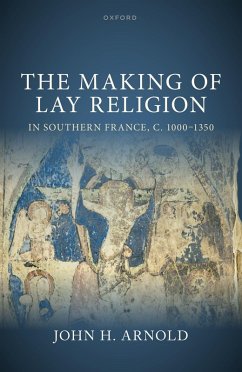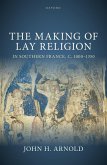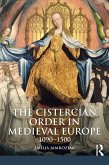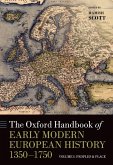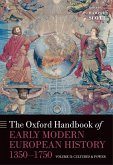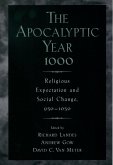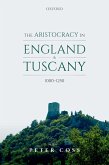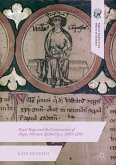What was Christianity like for ordinary people between the turn of the millennium and the coming of the Black Death? What changed and what continued, in their experiences, habits, feelings, hopes, and fears? How did they know themselves to be Christians, and indeed to be good Christians? This book answers those questions through a focus on one specific region -- southern France -- across a particularly fraught period of history, one beset by the changes wrought by the Gregorian reforms, the spectre of heresy, the violence of crusade, the coming of inquisition, and the pastoral revolution associated with the Fourth Lateran Council (1215). Using an array of different historical documents, John H. Arnold explores the material contexts of Christian worship from the eleventh through to the fourteenth centuries, the shifting episcopal expectations of the ordinary laity, the changes wrought through wider socioeconomic developments, and periods of sharp inflection brought by the Albigensian crusade and its aftermath. Throughout, the book explores the complex spectrum of lay piety, finding enthusiasms and doubts, faith and scepticism, agency and negotiation. It explores not just developments in the content of faith for the laity but the very dynamics of belief as a lived experience. We are shown how across these key centuries Christianity developed in its external practices, but also via inculcating a more interiorized and affective mode of belief; and thus, it is argued, it can be said to have become truly a 'religion' -- a structured, demanding, and rewarding faith -- for the many and not just the few.
Dieser Download kann aus rechtlichen Gründen nur mit Rechnungsadresse in A, B, BG, CY, CZ, D, DK, EW, E, FIN, F, GR, HR, H, IRL, I, LT, L, LR, M, NL, PL, P, R, S, SLO, SK ausgeliefert werden.

